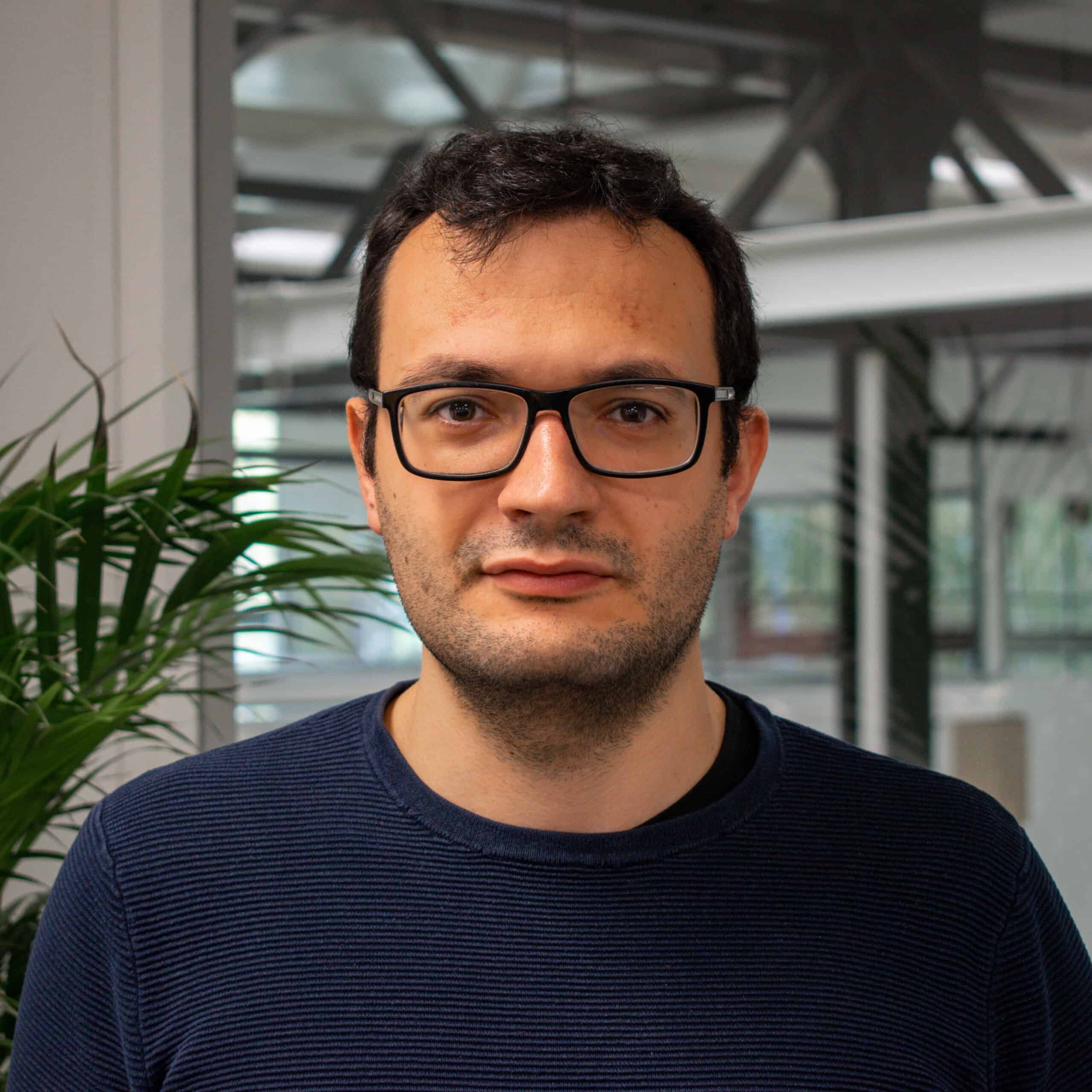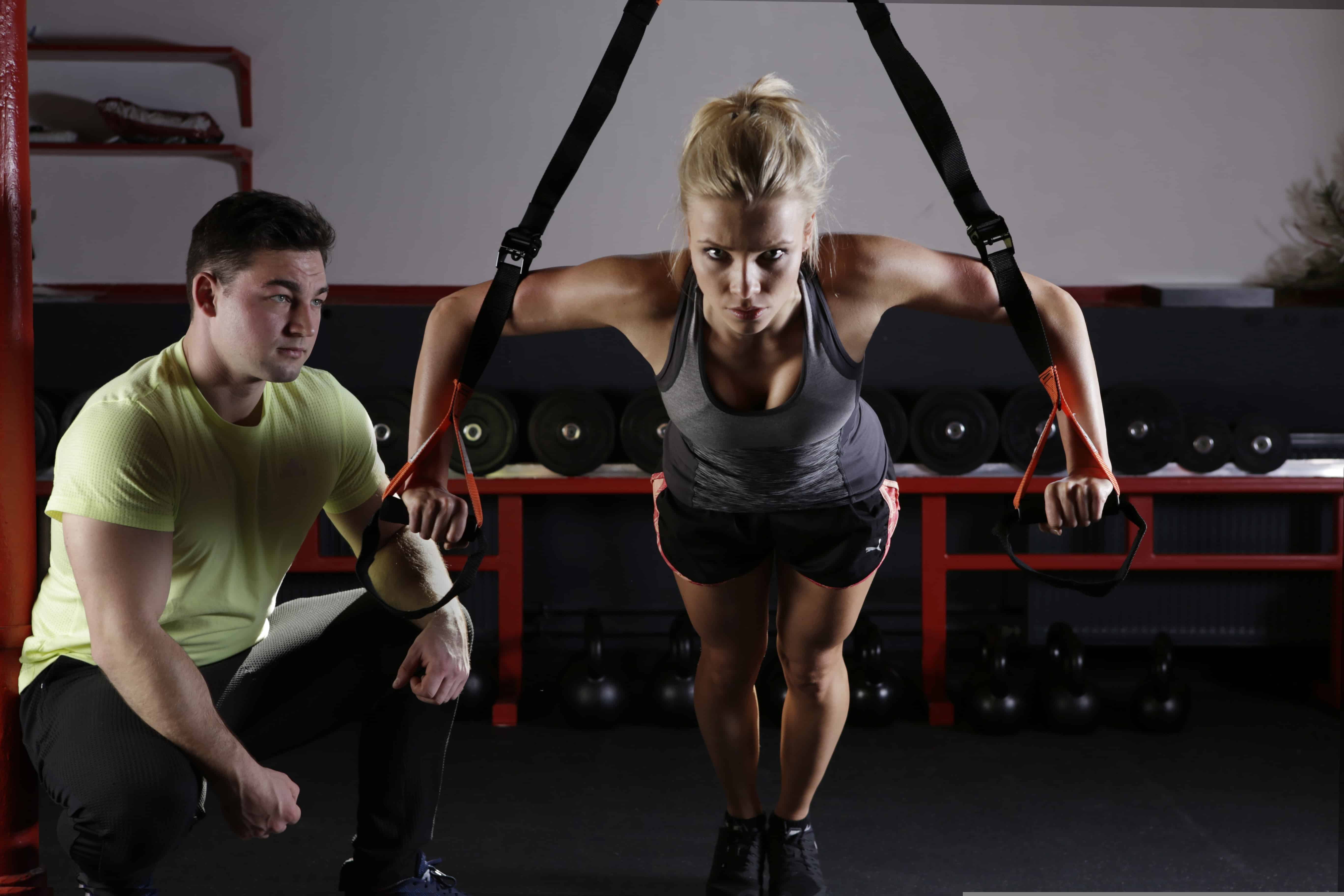
About ReLearn
- Founders: Riccardo Leonardi, Giovanni Lucifora, Fabrizio Custorella, Federico Fedi, Simone Cavariani.
- Founded in: 2021
- Employees: 8
- Money raised: €250.000
- Ultimate goal: Helping people have a waste-free lifestyle.
The first ever waste disposal ordinance in history came from the then-king of the Two Sicilies, Ferdinand II of Bourbon. In 1832, he issued a decree to rule garbage management, urging citizens to separate trash and imposing severe fines on those who infringed it. One hundred ninety-one years later, waste management is still a problem we must handle.
Inspired by king Ferdinand, ReLearn designed NANDO, an AI-powered sensor that distinguishes between waste streams. It can be installed on regular bins, notifying about recycling rates and waste quantities. As NANDO mainly targets companies, it engages people in separating garbage while sparking awareness of product materials and best recycling practices. Fabrizio Custorella is one of the company co-founders and spoke to Innovation Origins for this installment of our Start-up of the day series.

What prompted you to start the company?
“The other founders and I come from the South of Italy, but we all studied in Turin. By traveling across the country for study and then for work reasons, we got aware of how waste was a problem.
We noticed that rubbish collection didn’t work and people didn’t know how to dispose of waste properly. Education was missing, leading to mistakes in sorting waste and impacting recycling rates. Therefore, our pressing need was to find a solution to help people sort their garbage correctly and measure their footprint. ”
What solution did you come up with?
“Initially, we developed a bin that sorted rubbish by itself. However, we realized that it didn’t tackle the educational problem. The container sorted waste on behalf of people, but it wasn’t helping them learn how to separate garbage. If you develop a product that does something for the user, one will never understand the problem. We wanted to raise awareness of the different kinds of materials and how each impacts the environment. One can then decide what to buy and what materials to use. Furthermore, selling smart bins entailed high business costs.
As a result, we thought of transforming existing wastebins into smart ones, helping users to sort waste instead of having a robot that would do this task for them. That is how our waste sensor was born.”
Here comes NANDO, then. How does it work?
“We start by designing NANDO depending on our customers’ waste bins. As we now have more experience, we are working on a standard version of our waste sensor. NANDO takes pictures of the wastebin and, through AI, can recognize what is being thrown daily. In doing so, it detects the most common mistakes in sorting waste also displays them – alongside recycling rates – in a tablet installed above the containers.
Additionally, we can engage employees in circular challenges, making different floors or buildings of the same company compete against each other to reduce waste. Companies receive all data on waste production, tracking their performance on the way to zero waste targets.”


What features will you implement?
“We are implementing additional features on our waste sensor, and real-time feedback is one of them. Rather than simply categorizing the mistake in the database, the bin will immediately inform the user. In addition, we are developing a feature that will allow scanning waste before throwing it to tell the user where to toss it.
In addition, we are working in the industrial waste sector too. In that respect, we can detect container contamination and fullness levels to streamline emptying processes.”

How is the company doing now?
“It’s been a year since NANDO entered the market. Currently, we operate in three countries: the United Kingdom, Italy, and Denmark, as we have eighteen customers. It’s a growth moment for us. Firms understood our innovation’s potential, allowing them to monitor and reduce trash production. As ReLearn, we are the first company to offer a tool to accurately measure waste production.”
What goals do you want to achieve?
“Expanding into more European countries is our primary goal. Parallel to that, we want to target the industrial recycling sector more while consolidating our presence in the commercial garbage sector. In the future, we’d also like to cater to hospitals, as healthcare waste management is still problematic.”








